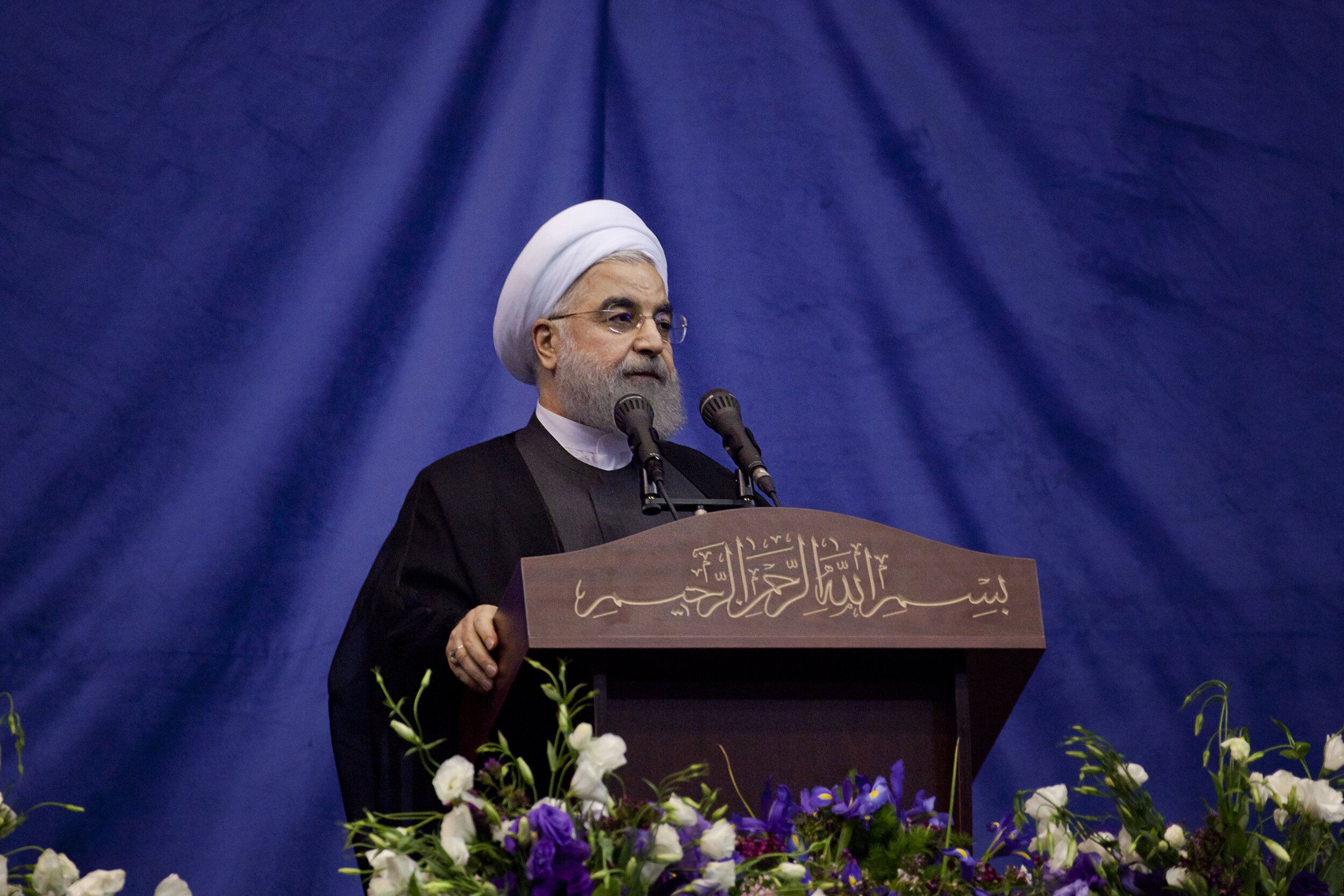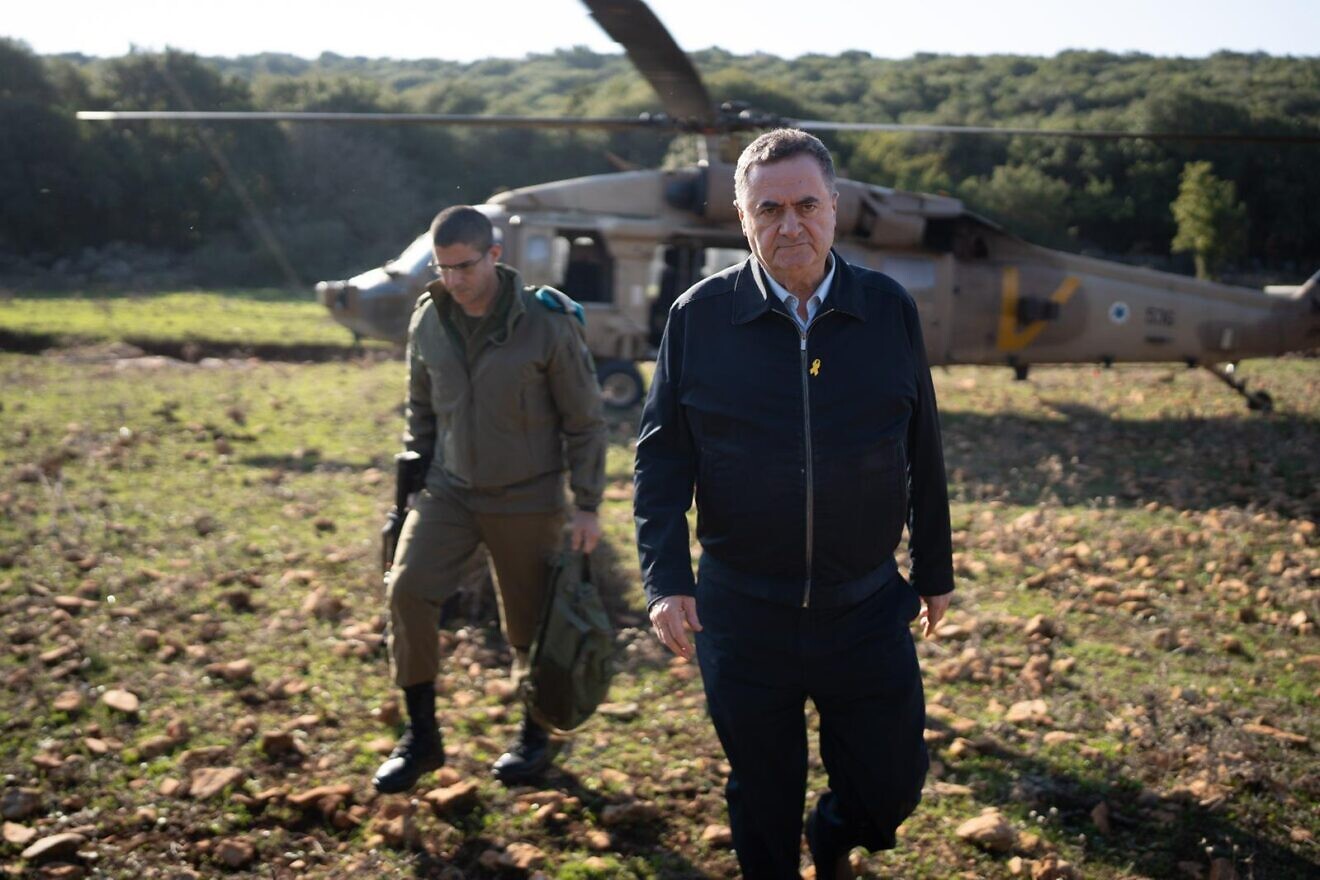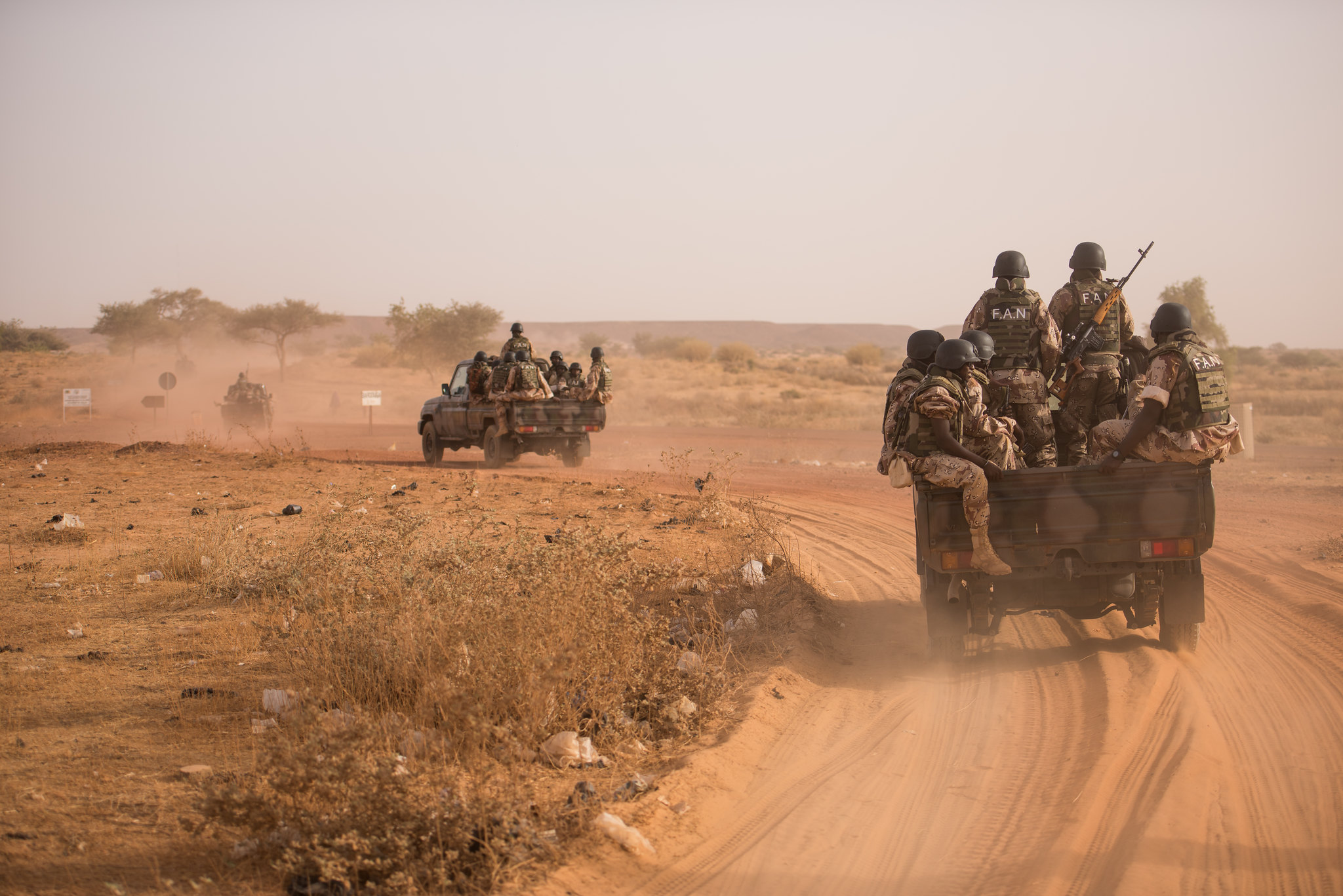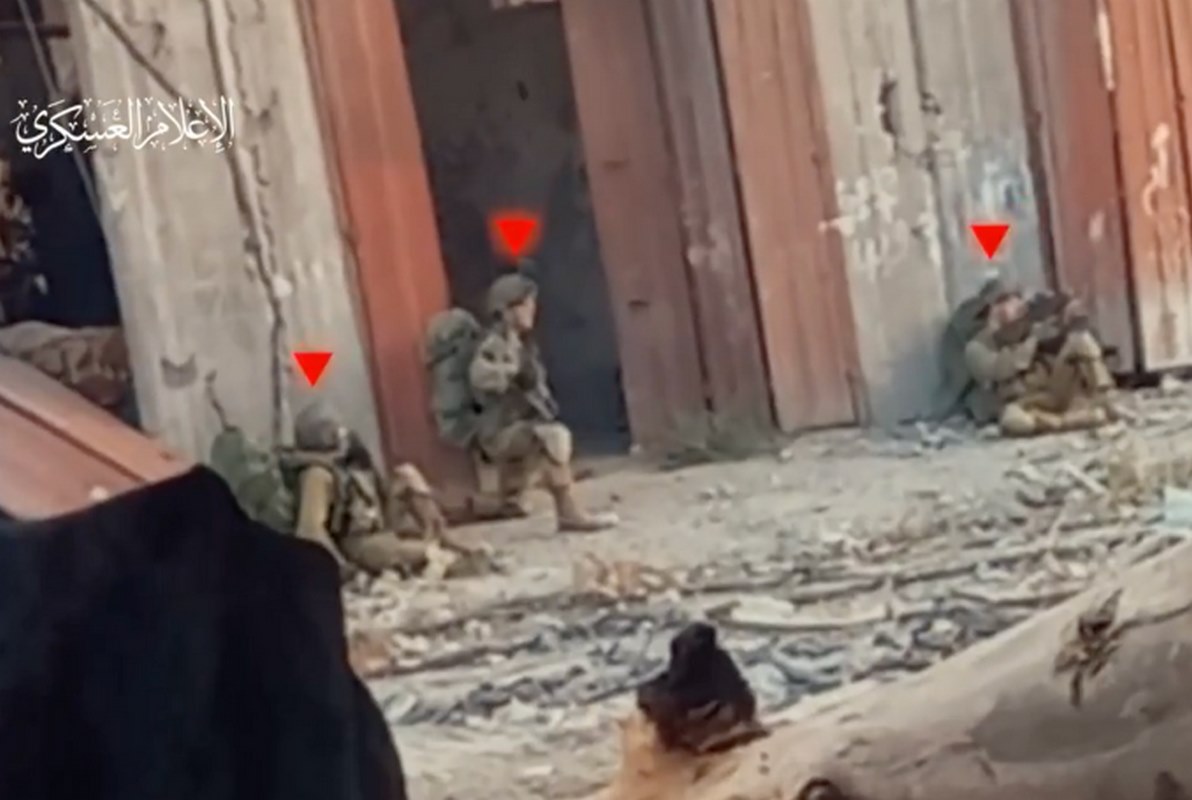Yemen, September 2018. PICTURED: Damage to a cholera treatment center in Yemen supported by Doctors Without Borders after an airstrike by the Saudi-led coalition airstrike. Yemen has suffered the largest Cholera outbreak this century. Photo credit Felton Davis CC 2.0
The attacks on Saudi oil facilities last Saturday has spurred the U.S. and Saudi Arabia to action against the owners of both sets of fingerprints.
The State Department, under the instructions of President Trump, has increased the “already-historic sanctions” on the Republic of Iran to even greater levels of pressure by sanctioning Iran’s central bank, as well as Etemad Tejarat Pars, an Iran-based company, that has been found to conceal financial transfers for Revolutionary Guard Corp (IRGC) military purchases.
Meanwhile, the Saudis, who assured the world it was Iran that was behind the bombings of the oil facilities which halted half of the kingdom’s oil production, turned their attention to Yemen’s Houthis and launched a large-scale series of airstrikes in the north of the country, near the capital city of Sanaa.
“The airstrikes targeted telecommunication sites in Amran province and farms in the provinces of Saada and Hajjah,” Houthi military spokesman Yahya Sarea said in a statement.
While there was no immediate confirmation from Riyadh regarding the 27 strikes, these have been the typical sort of targets for Saudi bombs throughout their conflict with the poorest country in the Middle-East which just entered its fifth year.
PICTURED: Iranian President HAssan Rouhani, who as well as denying the accusations that Iran perpetrated the bombings in Saudi Arabia, wants to advance regional stability by ending the war in Yemen.
Brinkmanship
After the Aramco facility bombings, the Houthis claimed responsibility and declared this was just a taste of their retaliatory capabilities. Notably the Houthis announced publicly their desire to have peace in the region, urging Saudi Arabia to end the 5 year war in the peninsula.
The peace offer called for rebels to “stop all attacks on Saudi territory by drones, ballistic missiles and other means”, said Mehdi al-Mashat, head of the Houthis’ supreme political council, adding that he hoped “the gesture would be answered by a stronger gesture” from the Saudis.
It seems the gesture fell on deaf ears. While the response from Saudi-coalition officials to the Houthi’s truce offer was guarded, there’s been no response to earlier Houthi threats following the Aramco bombings about what would happen if a truce could not be reached.
It warned that if the coalition-states valued their “peace and security for your facilities, and towers made of glass” that they should leave Yemen alone.
The Houthi revolutionary group have been fighting a war with a coalition of states led by Saudi Arabia who are attempting to reestablish the internationally-recognized government of Yemen that was overthrown in 2014.
The conflict has produced what has been called the greatest humanitarian crises of the century, with widespread famine, child-starvation, and the largest cholera outbreak in recent memory. Much of this destruction was purposely pursued by the Saudi coalition.
Several attempts by the United States Congress and Senate to prevent the ability of the U.S. to arm and refuel Saudi military forces and aircraft have been vetoed by President Trump., including an 8 billion dollar arms sale which bypassed congressional review due to the National Emergency executive powers.
Sec. of State Mike Pompeo said on Sunday that it was the international community’s responsibility to confront Iran, however in a positive move for regional stability, the United States did not shy away from presenting visas which would allow Iranian President Hassan Rouhani to attend the UN General Assembly meeting.
Rouhani for his part intends to “offer a hand of friendship and brotherhood” to its regional neighbors. Iran has denied all accusations that they were involved with the attacks on the Aramco facilities.
Continue reading on this topic — International Conversation Surrounding Aramco Bombing Misses The Elephant In The Room



